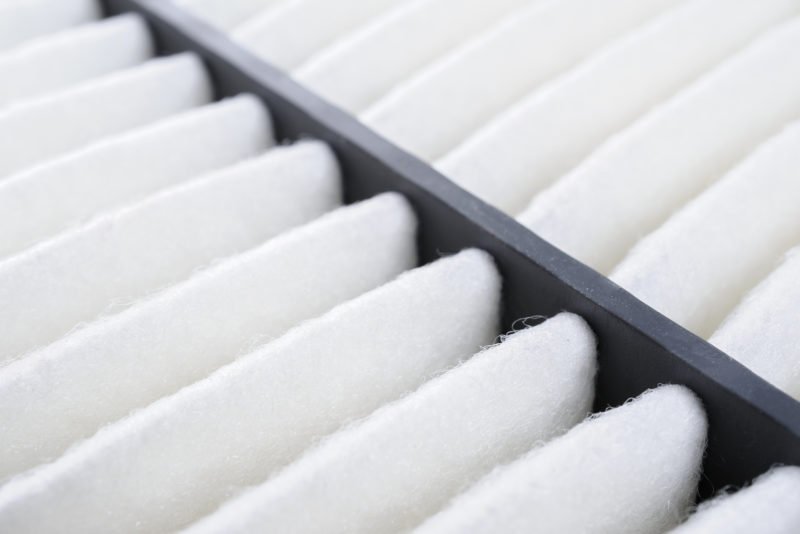HVAC filters might look relatively simple, but they tackle some of the most important jobs in your home. These filters keep your heating and cooling system free from dust and dirt, and they also remove allergens and contaminants that can cause discomfort and impact your health. But which filter is best for your HVAC system and your family’s health and comfort? From cost to efficiency to maintenance, find out whether washable or disposable HVAC filters are better for you.
1. Average Costs
Before you invest in an HVAC filter type, you’ll want to make sure the average costs work with your household budget. In most cases, disposable filters cost much less than washable versions. On average, disposable filters cost about $15 each, but you’ll find countless opportunities to save. Whether you choose to buy in bulk, take advantage of seasonal sales, or purchase from an online source, disposable filters are very affordable.
In contrast, washable filters cost an average of $75 each. While the upfront cost of washable filters is much higher, keep in mind that the total cost is likely to even out in the long run. You won’t need to purchase washable filters very often, so the long-term cost of washable filters is likely to be the same or lower than the cost of disposable filters.
2. Maintenance and Replacement
Both washable and disposable HVAC filters require regular maintenance. Replacing disposable filters is relatively easy, as you’ll simply remove the old filter and put a new one in its place. The Griffith Energy Services team recommends replacing disposable filters every 30 to 90 days. If your family doesn’t suffer from allergies or asthma, a 90-day schedule will usually work well for your household. If you have allergies or if you’re running your HVAC system constantly, a 30-day schedule will work better for your family.
You’ll need to replace washable filters on a similar schedule, but maintaining these filters is more time-intensive. Rather than a simple replacement, you’ll need to remove the filter, wash it thoroughly, allow it to dry, and then put it back in place. Since using a damp filter can encourage biological growth and related indoor air quality issues, you won’t want to skip any of these steps.
Also, as indicated in this recent Washington Post article, washable filters do eventually reach the end of their lifespan, as well. Therefore, you’ll need to replace those filters altogether after about five years of use.
3. Efficiency Ratings
All HVAC filters have minimum efficiency reporting value (MERV) ratings, whether they’re disposable or washable. These ratings fall on a scale of 1 to 20, with 1 being the worst at efficiently removing microscopic airborne contaminants and 20 being the most effective.
Washable filters generally fall very low on the scale, with MERV ratings between 1 and 4. That means they aren’t very effective at capturing the microscopic particles that tend to decrease your home’s indoor air quality.
Disposable filters have a wide range of MERV ratings, typically ranging between 4 and 12. It’s easy to find high-efficiency disposable HVAC filters with MERV ratings between 9 and 12 that are capable of removing microscopic particles like dust, emissions, and even bacteria from your home’s air supply.
4. Performance and Reliability
While both types of filters can reliably protect your heating or cooling system, disposable filters are typically known for superior performance overall. Washable filters generally have relatively low arrestance, usually capturing under 75 percent of larger indoor pollutants like dust mites, carpet fibers, and pollen particles.
In contrast, disposable filters with MERV ratings between 9 and 12 have relatively high arrestance. These filters can capture up to 95 percent of the larger particles circulating through your home, which can keep your home’s indoor air quality high while helping your HVAC system run as efficiently as possible.
We Can Help
Is your HVAC filter doing enough to improve indoor air quality in your home? Whether you need advice on the right filter for your home or you’re considering a more advanced option like a whole-home air filter, we’re here to help. Call us at Griffith Energy Services at 888-474-3391 to talk with our indoor air quality experts.
Image provided by Bigstock




